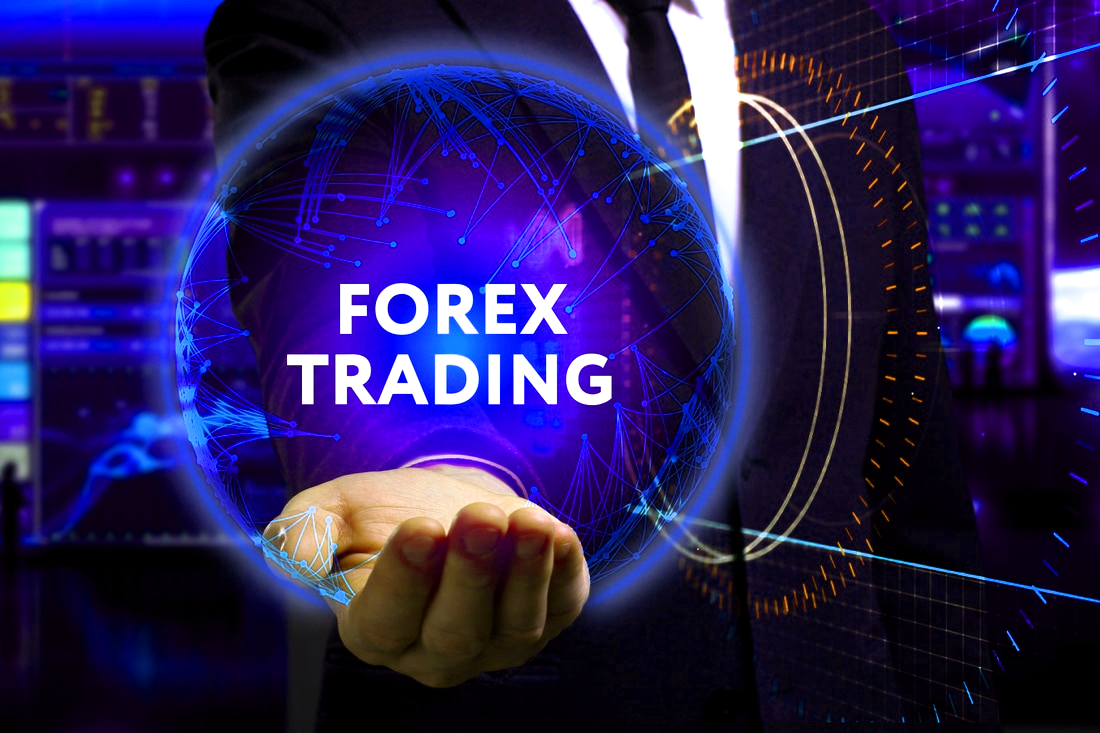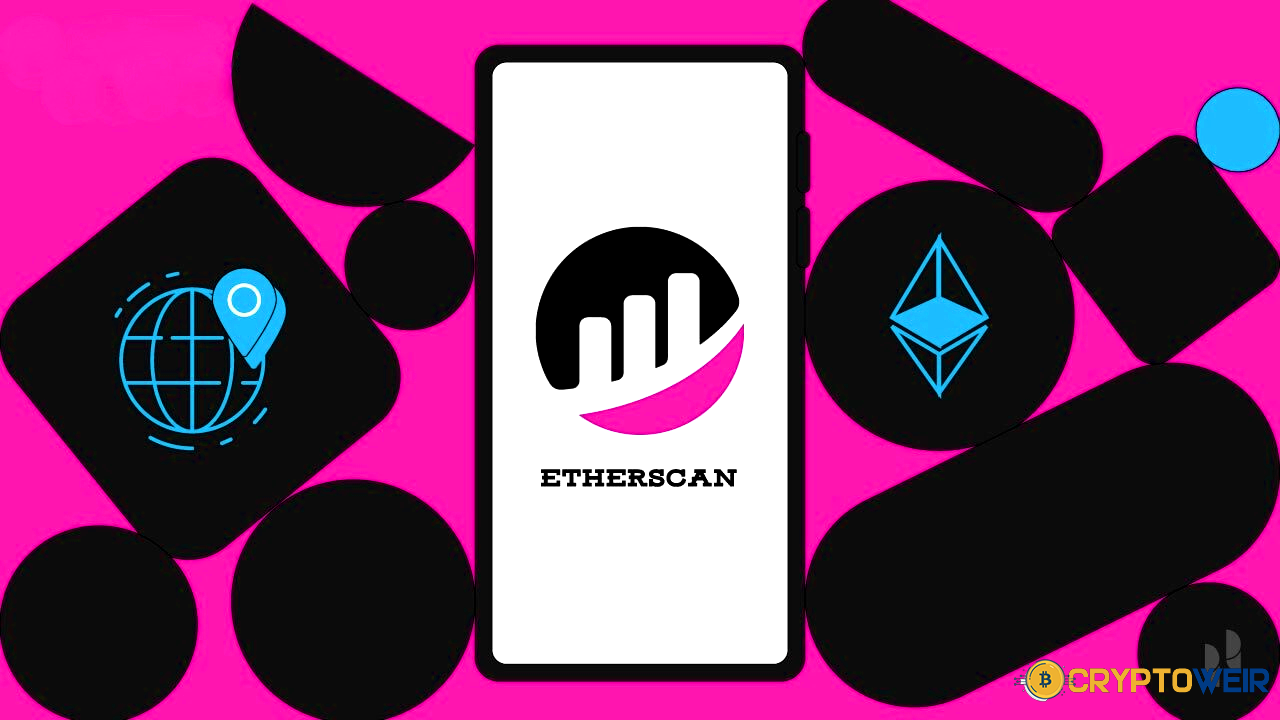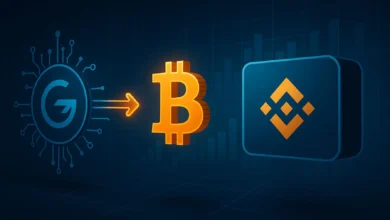Digital Assets Forum London Expands to Two Days Event
Digital Assets Forum London expands to two days, bridging traditional finance with blockchain innovation. Discover the future of digital finance.

Digital assets industry Recognizing the growing importance of this intersection, the Digital Assets Forum has announced a significant expansion of its London event, extending from a single-day conference to a comprehensive two-day gathering. This strategic expansion reflects the increasing complexity and maturity of the digital asset ecosystem, as well as the mounting interest from institutional investors, regulatory bodies, and financial technology innovators who are reshaping the future of money and value exchange.
The decision to expand the Digital Assets Forum to two days represents more than just additional conference time—it signifies a pivotal moment in the evolution of blockchain technology, cryptocurrency adoption, and the broader acceptance of digital financial instruments within mainstream financial circles. As London solidifies its position as a global financial hub embracing innovation, this extended forum promises to deliver deeper insights, more comprehensive networking opportunities, Digital Assets Forum London: and a platform where legacy financial institutions can meaningfully engage with the pioneers of decentralized finance and digital asset innovation.
The Strategic Importance of London as a Digital Assets Hub
London has long been recognized as one of the world’s preeminent financial centers, and its embrace of digital assets and blockchain innovation has positioned the city at the forefront of the financial technology revolution. The expansion of the Digital Assets Forum to two days underscores London’s commitment to maintaining its competitive edge in the rapidly evolving landscape of digital finance.
The United Kingdom’s approach to digital asset regulation has been characterized by a careful balance between fostering innovation and protecting consumers and market integrity. This regulatory environment has created fertile ground for both established financial institutions and innovative startups to explore the potential of cryptocurrency, tokenization, and blockchain-based financial services. The extended forum provides an ideal setting for stakeholders to discuss these regulatory frameworks, share best practices, and chart a course for responsible innovation.
London’s financial district houses some of the world’s most influential banks, asset managers, and investment firms, many of which are now actively exploring how digital assets can be integrated into their operations. The two-day format of the Digital Assets Forum allows for more substantive discussions about institutional adoption, custody solutions, and the infrastructure required to bridge traditional banking systems with emerging digital asset platforms.
Bridging the Gap Between Traditional Finance and Digital Innovation
One of the primary objectives of the expanded Digital Assets Forum is to facilitate meaningful dialogue between representatives of traditional financial services and innovators from the digital assets sector. This convergence is essential as both industries recognize their mutual dependency and the opportunities that collaboration can unlock.
Traditional financial institutions bring decades of experience in risk management, regulatory compliance, customer relationship management, and the operational infrastructure that supports trillions of dollars in daily transactions. Meanwhile, the digital assets industry offers innovative solutions for settlement efficiency, transparency, programmable money, and access to previously illiquid asset classes through tokenization.
The two-day conference structure enables deeper exploration of specific use cases where traditional finance and digital assets intersect. Sessions can delve into topics such as central bank digital currencies (CBDCs), the tokenization of real-world assets, including real estate and commodities, the role of stablecoins in cross-border payments, and how blockchain technology can enhance securities settlement and clearing processes.
Financial professionals attending the forum will have extended opportunities to understand the technical foundations of blockchain networks, smart contracts, and decentralized systems, while digital asset entrepreneurs can gain insights into the compliance requirements, institutional-grade security standards, and customer expectations that govern traditional financial services.
Expanded Programming: Digital Assets Forum London
The expansion to a two-day format significantly enhances the forum’s ability to deliver comprehensive and valuable content to attendees. Rather than compressing critical topics into limited time slots, the extended schedule allows for more thorough exploration of key themes shaping the future of digital finance.
The first day of the Digital Assets Forum can focus on foundational topics and the current state of the industry, including market overview presentations, regulatory updates from key jurisdictions, and discussions about the infrastructure that supports digital asset trading and custody. Keynote speakers from major financial institutions can share their digital transformation journeys and outline their strategic approaches to incorporating blockchain technology into their service offerings.
The second day can be dedicated to more forward-looking content, including emerging trends in decentralized finance (DeFi), the evolution of non-fungible tokens (NFTs) beyond digital art, the potential impact of quantum computing on cryptographic security, and the long-term implications of central bank digital currencies on monetary policy and financial inclusion. This structure allows attendees to build their knowledge progressively and engage with increasingly sophisticated concepts as the event unfolds.
Additionally, the two-day format creates space for more interactive elements such as workshops, panel discussions with diverse perspectives, networking sessions organized around specific interest areas, and demonstration zones where technology providers can showcase their solutions. These extended engagement opportunities facilitate the relationship-building that is essential for fostering collaboration between traditional finance and the digital assets ecosystem.
Key Topics and Discussion Areas
The expanded Digital Assets Forum will address a comprehensive range of subjects that reflect the breadth and depth of the digital asset landscape. Understanding these key discussion areas provides insight into the priorities and challenges facing the industry as it matures and gains mainstream acceptance.
Regulatory Frameworks and Compliance
Regulatory clarity remains one of the most significant factors influencing institutional adoption of digital assets. The forum dedicates substantial time to exploring how different jurisdictions are approaching the regulation of cryptocurrencies, digital securities, and decentralized platforms. Discussions examine the Markets in Crypto-Assets Regulation (MiCA) in the European Union, developments in the United Kingdom’s approach to digital asset regulation, and how international coordination can address the cross-border nature of digital asset transactions.
Compliance professionals from both traditional financial institutions and digital asset firms share their experiences navigating anti-money laundering (AML) requirements, know-your-customer (KYC) protocols, and the emerging standards for transaction monitoring in the context of blockchain’s pseudonymous nature. These sessions provide practical guidance for organizations seeking to build compliant digital asset operations while maintaining the efficiency and innovation that make the technology valuable.
Institutional Investment and Asset Management
The growing interest from institutional investors has been a defining trend in the maturation of the digital assets market. The forum explores how pension funds, endowments, family offices, and other institutional investors are approaching allocation to digital assets, the investment vehicles they prefer, and the due diligence frameworks they apply to this emerging asset class.
Asset managers discuss their experiences developing and managing digital asset investment products, including exchange-traded products, actively managed funds, and index-based strategies. Topics include portfolio construction considerations, correlation analysis with traditional assets, volatility management, and the operational challenges of custody and prime brokerage for digital assets.
The two-day format allows for detailed case studies from institutions that have successfully navigated the transition from exploration to implementation, providing attendees with actionable insights and realistic perspectives on the opportunities and challenges involved in institutional digital asset adoption.
Technological Infrastructure and Innovation
Understanding the technological foundations of digital assets is essential for financial professionals evaluating their potential applications. The forum features sessions that explain blockchain architecture, consensus mechanisms, layer-2 scaling solutions, and interoperability protocols in accessible terms for non-technical audiences, while also offering advanced technical tracks for developers and infrastructure specialists.
Discussions cover the critical infrastructure components that enable institutional participation, including qualified custody solutions, prime brokerage services, over-the-counter trading desks, and connectivity to various blockchain networks. The security considerations specific to digital assets receive particular attention, including key management, hardware security modules, multi-signature protocols, and disaster recovery planning.
Innovation showcases highlight emerging technologies such as zero-knowledge proofs that enhance privacy without sacrificing transparency, cross-chain bridges that enable asset movement between different blockchain ecosystems, and the development of scalable blockchain networks capable of supporting enterprise-level transaction volumes.
Tokenization of Real-World Assets
One of the most promising applications of blockchain technology involves the tokenization of traditional assets, creating digital representations of physical or financial assets that can be traded, divided, and managed using blockchain infrastructure. The forum examines how real estate, private equity, art, commodities, and even intellectual property can be tokenized to improve liquidity, reduce transaction costs, and expand access to investment opportunities.
Sessions explore the legal frameworks required to ensure that tokenized assets have enforceable ownership rights, the technological standards being developed for asset tokenization, and the market infrastructure needed to support secondary trading of tokenized securities. Case studies from successful tokenization projects provide concrete examples of how this technology is being applied in practice and the benefits it delivers to issuers and investors.
The regulatory considerations specific to security tokens receive detailed attention, including compliance with securities laws, the role of transfer restrictions in token smart contracts, and how traditional securities market practices can be adapted to the blockchain environment.
Networking and Collaboration Opportunities
Beyond the formal program content, the expansion to two days significantly enhances the networking potential of the Digital Assets Forum. Building relationships between individuals and organizations from traditional finance and the digital assets sector is essential for driving innovation and fostering the collaborations that will shape the future of financial services.
The extended format allows for structured networking sessions organized around specific themes or industry segments, enabling attendees to connect with peers facing similar challenges or exploring comparable opportunities. Informal networking during extended breaks, meals, and evening receptions provides additional opportunities for relationship development in a more relaxed setting.
Many of the most valuable outcomes from industry conferences emerge from the conversations that occur outside formal sessions, where deal structures are discussed, partnerships are formed, and innovative ideas are exchanged freely. The two-day structure ensures that attendees have sufficient time to develop meaningful connections rather than rushing through superficial introductions.
For financial institutions seeking technology partners, service providers, or investment opportunities in the digital assets space, the forum serves as an efficient mechanism for conducting due diligence and evaluating potential relationships. Similarly, digital asset companies benefit from direct access to decision-makers from traditional financial institutions who may become clients, investors, or strategic partners.
The Future Vision: Integration and Evolution
The expansion of the Digital Assets Forum reflects a broader trend toward the integration of digital assets into the mainstream financial system. As the technology matures, regulatory frameworks develop, and institutional adoption accelerates, the distinction between “traditional finance” and “digital assets” may eventually become less meaningful as they converge into a unified, technologically advanced financial ecosystem.
The forum provides a glimpse into this future by showcasing how blockchain technology is being applied to enhance existing financial services, create new products and markets, and address longstanding inefficiencies in the global financial system. Discussions explore how programmable money enabled by smart contracts could transform corporate treasury management, how real-time settlement could reduce counterparty risk and capital requirements, and how tokenization could democratize access to investment opportunities previously available only to wealthy individuals and institutions.
Looking ahead, the Digital Assets Forum will continue to evolve alongside the industry it serves, expanding its scope to address emerging topics such as the intersection of artificial intelligence and blockchain, the environmental sustainability of digital asset networks, and the role of decentralized autonomous organizations in corporate governance. The two-day format provides the flexibility to adapt programming to reflect these evolving priorities while maintaining the forum’s core mission of bridging traditional finance and digital innovation.
Conclusion
The expansion of the Digital Assets Forum to two days in London represents a significant milestone in the journey toward mainstream adoption and integration of digital assets into the global financial system. By providing an extended platform for dialogue, education, and networking between traditional financial institutions and digital asset innovators, the forum addresses a critical need in an industry characterized by rapid change and transformative potential.
London’s position as a leading global financial center, combined with its progressive approach to digital asset regulation and innovation, makes it an ideal location for this expanded gathering. The two-day format enables deeper exploration of the complex topics shaping the future of finance, from regulatory frameworks and institutional investment strategies to technological infrastructure and the tokenization of real-world assets.
As the lines between traditional finance and digital assets continue to blur, events like the expanded Digital Assets Forum play an essential role in facilitating the knowledge transfer, relationship building, and collaborative problem-solving required to navigate this transition successfully. The future of finance will be shaped by those who can bridge these two worlds effectively, and the Digital Assets Forum in London has positioned itself as a premier venue where this vital convergence can occur.
FAQs
Q: What makes the Digital Assets Forum different from other blockchain and cryptocurrency conferences?
The Digital Assets Forum distinguishes itself through its specific focus on bridging traditional financial institutions with the digital assets industry. Unlike conferences that cater exclusively to cryptocurrency enthusiasts or blockchain developers, this forum is designed to facilitate meaningful dialogue between established financial services professionals and digital asset innovators.
Q: Who should attend the expanded two-day Digital Assets Forum in London?
The forum is designed for a diverse audience, including executives from banks and financial institutions, asset managers and institutional investors, regulatory officials and policymakers, technology providers and infrastructure developers, legal and compliance professionals, and entrepreneurs building digital asset solutions. The two-day format allows for programming that serves both those new to digital assets.
Q: How does the two-day format benefit attendees compared to a single-day event?
The expanded two-day structure provides numerous advantages, including more comprehensive content coverage without rushed sessions, progressive learning opportunities that build from foundational to advanced topics, extended networking time to develop meaningful professional relationships, and reduced scheduling conflict, allowing attendance at more sessions of interest.
Q: What are the key trends in digital asset adoption that will be discussed at the forum?
The forum will address several critical trends shaping the industry, including accelerating institutional investment in cryptocurrencies and digital assets, the development and implementation of central bank digital currencies, the tokenization of traditional assets such as real estate and securities, the evolution of stablecoin ecosystems, and their role in payments.
Q: How is London positioned as a global hub for digital assets and blockchain innovation?
London benefits from several factors that establish it as a leading center for digital asset activity, including its historical role as a global financial capital with deep expertise in banking and capital markets, a regulatory environment that seeks to balance innovation with consumer protection, and a concentration of financial institutions actively exploring digital asset strategies.











